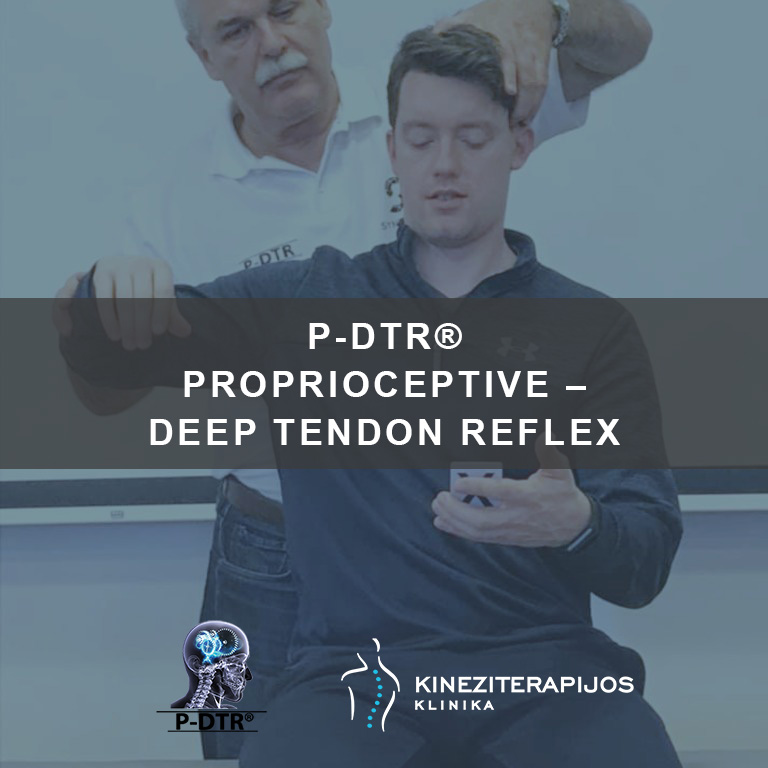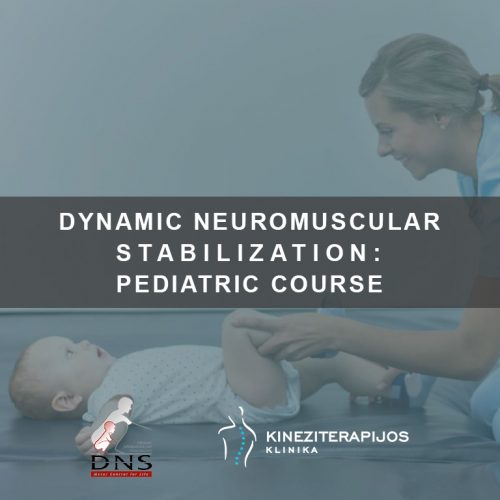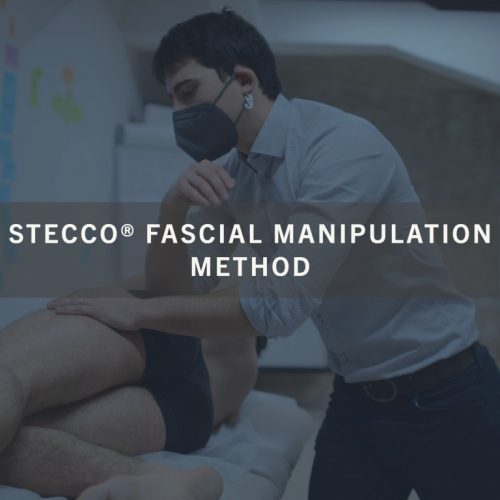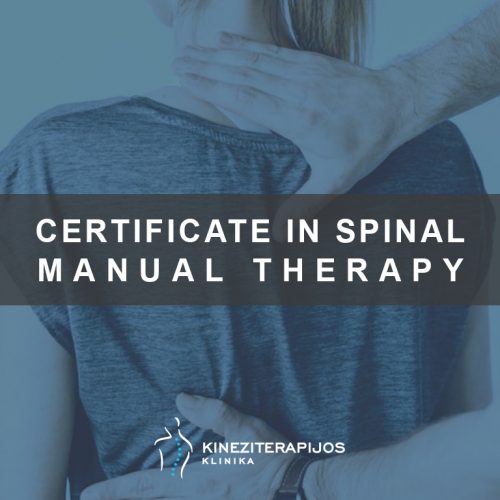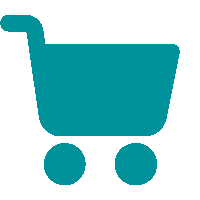
About Jose Palomar: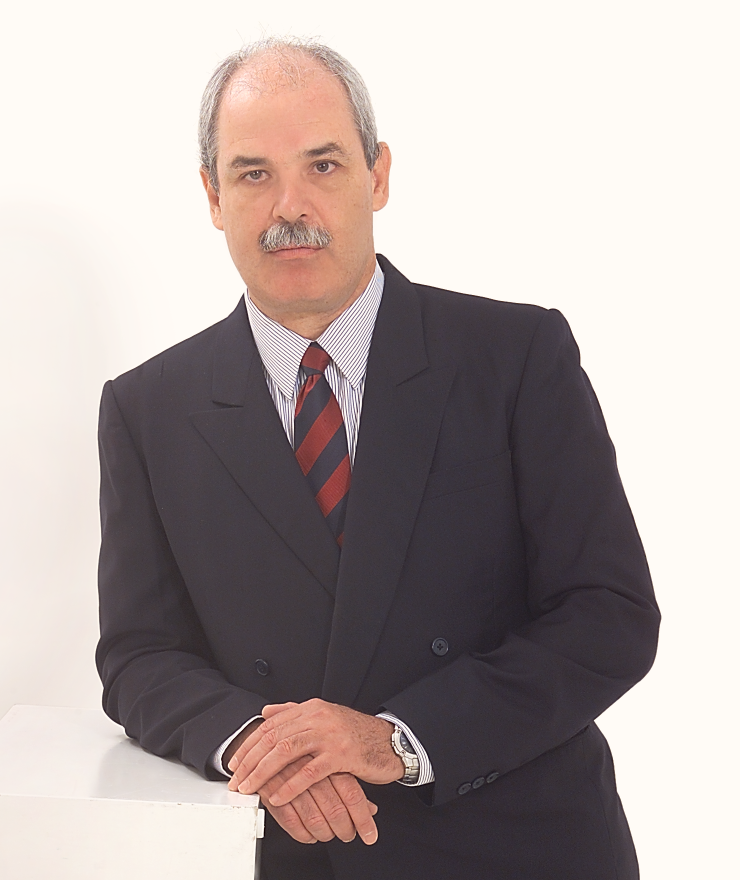
Doctor Jose Palomar Lever is a native of Guadalajara, the capital city of the state of Jalisco in Mexico. He began his medical school education at the age of 17 at the Universidad Autónoma de Guadalajara (UAG) and received his training in Orthopedic Surgery and Traumatology at the Universidad del Ejercito y Fuerza Aérea (UDEFA). He performed his first orthopedic surgery at the age of 24 and between 1984 and 1988 he was an orthopedic surgeon on the staff of the Reconstructive and Plastic Surgery Institute of Jalisco, S.S.A. He went on to receive specialized training in minimally invasive spine surgery at the Texas Back Institute in Dallas, Texas. Pursuing his interest in what he now refers to as the “software” of the human body, a study, which began in earnest for him in 2000, Dr. Palomar became a Diplomate in Applied Kinesiology from the International College of Applied Kinesiology (ICAK). He received the organization’s Alan Beardall Memorial Award for Research for 2004-2005 and over the years has had eighteen papers accepted for inclusion in ICAK-USA Proceedings. He also completed the Carrick Institute for Graduate Studies program in Clinical Neurology. Today, in addition to pursuing an ongoing research program, Dr. Palomar conducts regular trainings in Proprioceptive – Deep Tendon Reflex (P-DTR) for medical practitioners in the United States, Russia, Mexico, Latvia and Ukraine, and continues to practice medicine from his home base in Guadalajara, Mexico.
Teachers:
Mikhail Alesejevich Zaborodin, MD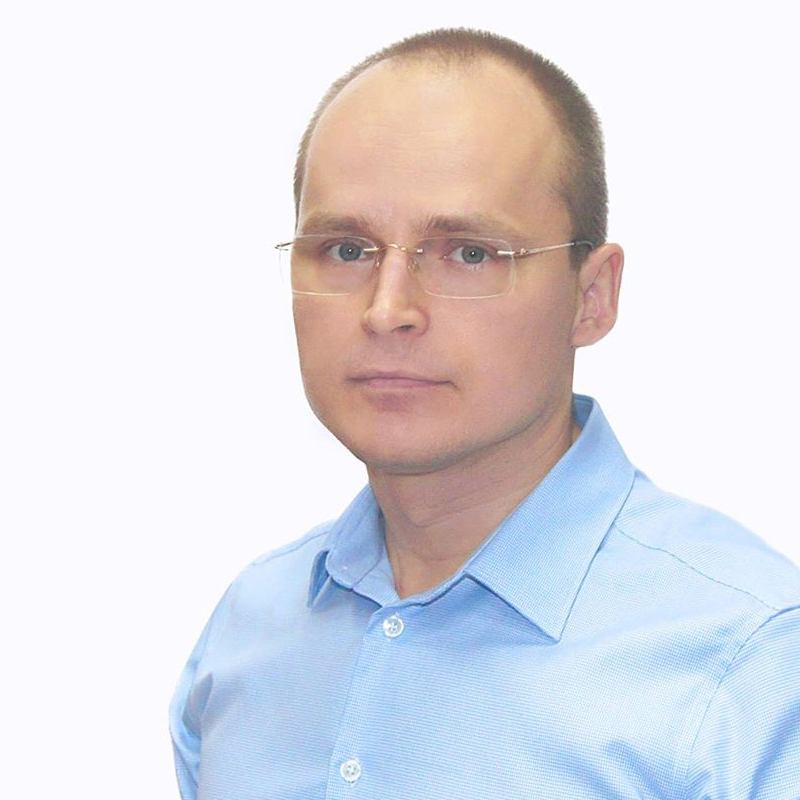
Traumatologist-orthopedist, Chiropractor, Kinesiologist, Medical lawyer, Judge, chairman of department of medical disputes “The southern regional arbitration”, The manager of travmatologo-orthopedic unit of MBUZ “A municipal hospital No. 1 of N.A. Semashko of Rostov-on-Don”.
Education:
1998 – 2004г. Rostov State Medical University, Pediatric faculty.
2004 – 2005г. Rostov State Medical University, internship on surgery, primary specialization in traumatology and orthopedics.
2006 – 2010г. Southern Federal University, Law Faculty.
2009 – 2011г. Rostov State Medical University, Residency programs on traumatology and orthopedics , department of traumatology and orthopedics, and sport medicine.
2012 – 2016г. Rostov State Medical University Postgraduate study on traumatology and orthopedics, department of traumatology and orthopedics, and sport medicine.
2016 – 2017г. Applied kinesiology Academy of professor Vasilyeva in Moscow.
2016г. Russian academy of medico-social aftertreatment in Moscow department of Manual therapy.
2016 -2017г. Clinical neurodynamics, myofascial technicians, joint technicians. (Aleks Sapir, Israel). Full course.
2016 -2018г. Institute of Functional Neurology named after Jose Palomar, Moscow. Method P-DTR®. Full course.
Publications and patents:
Patent for an invention “Way of differential diagnostics of stages osteoarthrosis of a knee joint » № 2014153253, 03.06.2016.
Patent for an invention “Way of forecasting of predisposition to development of a posttraumatic osteoarthrosis of a knee joint” №2014153254, 25.12.2014.
30 publications and articles.
Is engaged in diagnostics and treatment of injuries and diseases of a musculoskeletal system, peripheric nervous system, aftertreatment after injuries and operations. In treatment uses P-DTR technique (structural, biochemical, emotional and meridian ways of correction).
Nikolai Nikolajevich Strukov, MD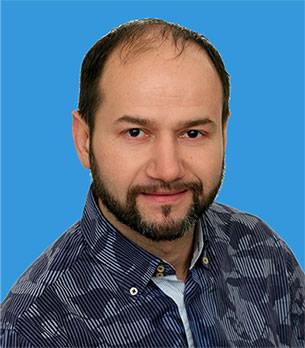
Neurologist, Chiropractor, Kinesiologist, Director of Functional Neurology Institute named afterJose Palomar.
2 higher medical educations:
Pirogov Russian National Research Medical University (RNRMU) named after N.I. Pirogov, 1993
Biochemical doctor, Medical & biological faculty. Specialization: Forensic Technician.
Muscular energy methods, 2008-2009, Advanced Training Faculty of RUDN University.
Pirogov Russian National Research Medical University (RNRMU) named after N.I. Pirogov, 2010
– Medical care, Medical & biological faculty. Specialization: Neurology, Doctor Improvement Faculty of RUDN University, 2011 Head of Department Fedin A.I.
Chiropractice, Doctor Improvement Faculty of RUDN University (Polyclinic No. 10), 2011, Head of Department Vasilieva L.F.
Postgraduate studies:
Kinesiology since 2010, complete course of Sports Medicine, AK Evening School (Advanced Training), AK Biochemistry School (Advanced Training).
International seminars: Leaf, Scheiffer, Sapir, Palomar.
P-DTR complete course in Jose Palomar‘s method (Mexico), 6 levels (2012-2014 Riga, Latvia). Practice and theory exams. Certified P-DTR Teacher, 2015. Management of Jose Palomar’s master-classes in Russia, 2014-2016.
Level 2 PNF, 2012, “Preodolenie” Center. International certificate.
Acupuncture since 2013 Prof. Zoia Goranova (Bulgaria), Level 2.
Treatment of a wide spectrum of neurological diseases. Diagnostics and treatment of locomotor diseases, post-traumatic and post-surgery rehabilitation. Specialization in stomatoneurology. In treatment of patients, I use the P-DTR method (structural, biochemical, meridian, and emotional correction techniques), proper algorithms for dentomaxillary system problems and mirror neuron work. My interests are mirror neuron functions, hierarchy of myotatic reflex regulation levels, activation of primitive reflexes and body behavior models, relation of dentomaxillary system and body plane movements, mechanisms of epicritical and protopathic pain formation, logopedic problems.
For more information: call us at: +370 618 67325 or write us at: [email protected]

